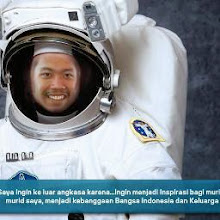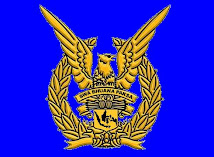Curiosity on Mars - ACSER Distinguished Guest Lecture at UNSW
Dr. René Fradet is the Deputy Director, Engineering and Science
Directorate at NASA's Jet Propulsion Laboratory (JPL) in Pasadena,
California. From 2009 through 2010, René was the Flight System Manager
for the Mars Sample Laboratory (MSL) where he was responsible for the
overall development of the MSL Flight System.
Before assuming his present leadership post at JPL, René was the
founder, president and CEO of Alliance Spacesystems, also of Pasadena.
René's company built a wide range of space mechatronic systems, most
notably the Robot Arm for Curiosity, as well as the robot arms for the
Phoenix lander and the earlier Spirit and Opportunity rovers.
Opportunity
and its arm are still operational on Mars after almost ten years.
Before founding Alliance, René was at JPL as the Deputy Spacecraft
Manager on the New Millennium Program Deep Space One (DS1) Project. Deep
Space One traveled far beyond Earth's orbit, visited both an asteroid
and a comet, and was the first spacecraft to use an ion propulsion main
engine rather than chemical propulsion for deep space missions. René was
the co-leader responsible for the management of DS1 design, development
and test, and was the chief Mechanical Engineer responsible for all
associated mechanical activities.
NASA's Mars Science Laboratory mission set down a large, mobile laboratory - the rover Curiosity - at Gale Crater, using precision landing technology that makes many of Mars' most intriguing regions viable destinations for the first time. During the 23 months after landing, Curiosity will analyse dozens of samples drilled from rocks or scooped from the ground as it explores with greater range than any previous Mars rover.
Curiosity carries the most advanced payload of scientific gear ever used on Mars' surface, a payload more than 10 times as massive as those of earlier Mars rovers. Its assignment: Investigate whether conditions have been favourable for microbial life and for preserving clues in the rocks about possible past life.
This talk will survey the tremendous successes of Curiosity so far, from landing on Mars to photographing, sampling and inspecting her surface. Some of the challenges facing Curiosity in the future include robotically drilling on the surface of Mars. This will be the first time since the Apollo program that humanity has drilled rocks on a non-Earth body, and the first time ever for a robot explorer.
2. Jet Propulsion Laboratory
3. NASA
4. California Institute of Technology
5. http://acser.unsw.edu.au/index.html [The Australian Centre for Space Engineering Research]



























No comments:
Post a Comment